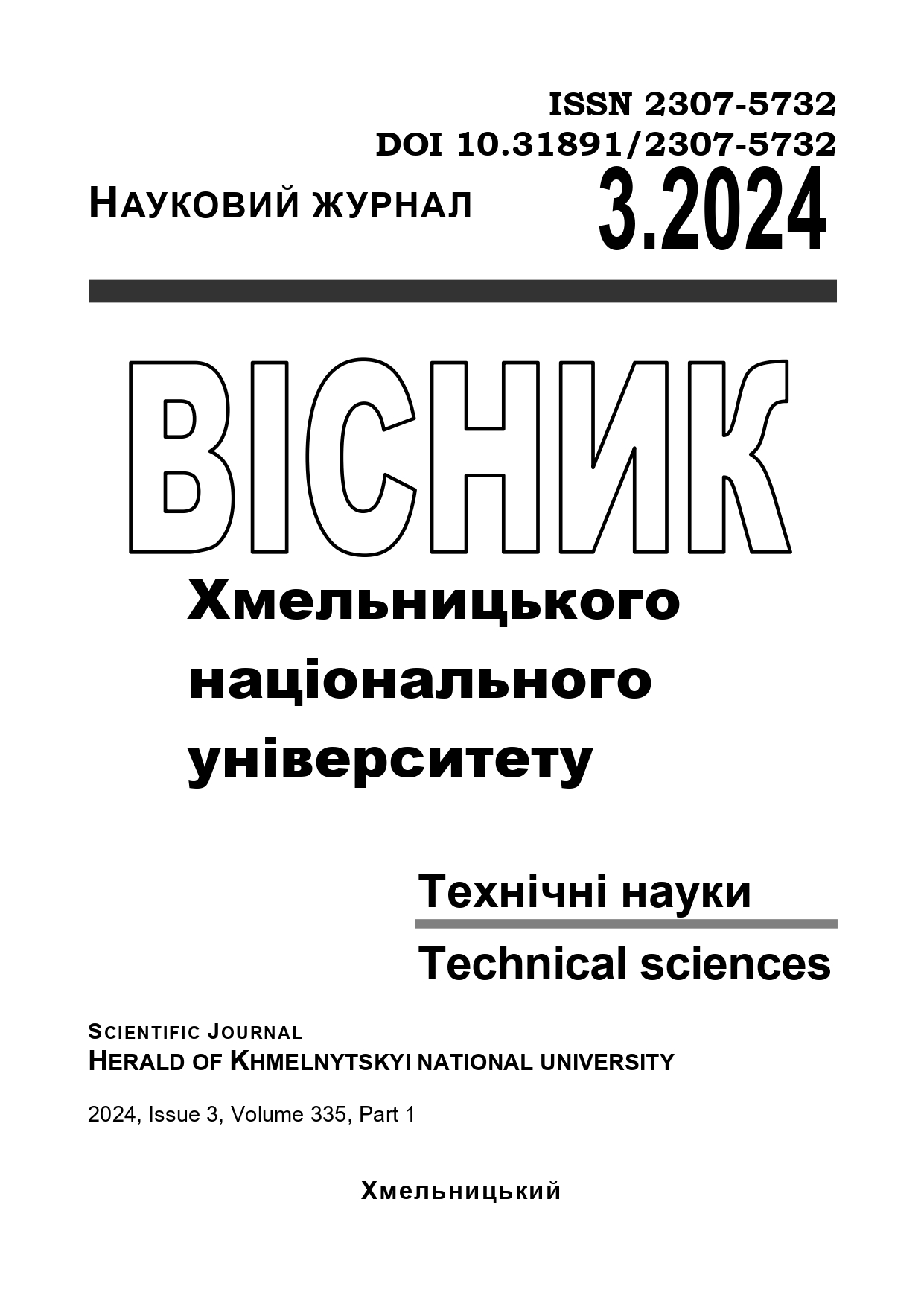TRENDS IN THE DEVELOPMENT OF REACTIVE POWER COMPENSATION SYSTEMS
DOI:
https://doi.org/10.31891/2307-5732-2024-335-3-14Keywords:
reactive power, compensation systems, filter-compensating circuit, industrial power grid, electric powerAbstract
This paper surveys current trends and developments in reactive power compensation systems, elucidating their significance in enhancing system capacity and flexibility. By analyzing the capacity factor enhancement enabled by reactive power compensation, the study underscores its role in optimizing electricity delivery, thus conserving energy resources and facilitating the integration of renewable energy sources. It explores the key models and concepts driving advancements in reactive power compensation within power grids. As modern electrical systems grow in complexity, ongoing research into improving compensation methods becomes imperative to ensure the reliability and efficiency of industrial power grids. Future endeavors will involve developing a model utilizing real-world enterprise data to investigate the effects of technological variations in filter parameters on the performance of complex reactive power compensation schemes, encompassing both filters and capacitor banks. Keywords: reactive power, compensation systems, filter-compensating circuit, industrial power grid, electric power.
Context. The paper considers the current trends used in the field of reactive power compensation, and the main directions of development of modern methods of reactive power compensation.
Objective. The purpose of the work is to overview of current trends in the development of reactive power compensation systems, as well as an overview of possible ways of their effective application in various industrial networks.
Methods. The paper presents a key aspect of reactive power compensation is its ability to increase system capacity and flexibility. By improving the capacity factor, utilities can deliver electricity more efficiently, reducing the need for excess capacity and thus conserving energy resources. In addition, this process plays an important role in supporting the integration of renewable energy sources such as wind and solar power, which often introduce volatility into electricity generation schemes.
Results. The paper presents the main models and concepts in the field of reactive power compensation in power grids.
Conclusions. Given the growing complexity of modern electrical systems, it is important to continue research into improving methods and means of reactive power compensation to ensure the reliability and efficiency of industrial power grids. In further research, it is planned to develop a model using a real enterprise as an example and investigate the impact of technological deviations of filter parameters on the steady-state and transient performance of complex reactive power compensation schemes, including not only filters but also capacitor banks.

